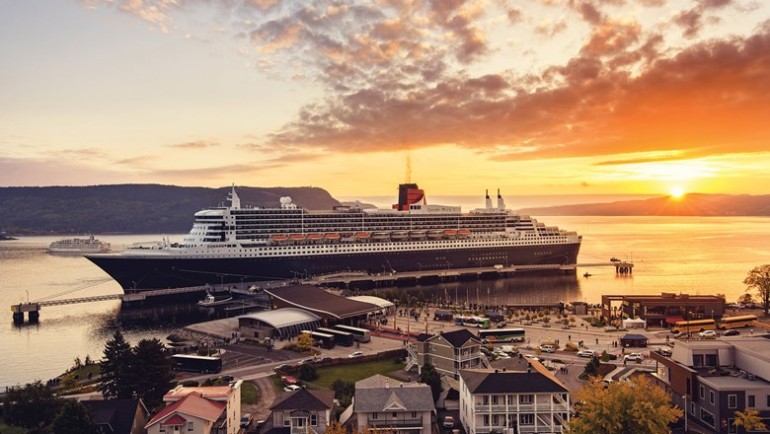Sponsored Listings:
In late April, CLIA calculated that if the suspension of cruising continued for 60 days, the loss worldwide would total $21 billion in economic activity, 2,500 jobs per day and $7.3 billion in wages.
None of the largest cruise lines are slated to resume sailing until the end of July at best, an unprecedented pause that CLIA now estimates could have a global impact of 334,000 lost jobs and $50 billion in economic activity. CLIA’s current worst-case scenario — that the pause continues through September — would mean a loss of $77 billion, more than half of the industry’s $150 billion in annual global economic activity.
Such numbers are almost unfathomable. But looking at individual destinations, including the world’s largest cruise ports and some of the smallest, shines a light on the industry’s local impact.
In Florida, cruising contributes nearly $8.5 billion in direct spending annually and supports 154,646 jobs. CLIA said that as many as 240 Florida jobs are lost each day that cruise operations are suspended.
Industry spending includes passengers and crew utilizing airports, hotels, transportation, restaurants and activities. The cruise lines employ local services such as the pilots who assist ships in docking, stevedores to load and unload ships, linen-cleaning services and the food and beverage distributors that supply the vessels.
“A lot of jobs are connected to the cruise industry,” said Glenn Wiltshire, acting chief executive and director at Port Everglades, citing a study which found that more than 60% of Port Everglades cruise passengers spent one or more nights in a hotel before or after their cruise.
“They eat at the local restaurants and do cultural activities and go to the performing arts center, the museums,” he said. “That’s all economic value to the community that isn’t here when the cruise passengers and cruise ships aren’t here.”
In Juneau, tourism contributes 20% of the city’s annual sales tax revenue. In 2019, cruise spending of more than $214 million generated about $10.7 million in sales tax, according to Liz Perry, CEO of Travel Juneau.
This year, Travel Juneau had anticipated that if the season started in late July, spending would be less than 20% of previous years, she said.
Farther south, in Ketchikan, a canceled cruise season will mean a hit of $160 million in spending at a rate of $158 per person, per day in port. Cruise ship crew spend an additional $5.7 million per season, and the port takes in $11.3 million in fees.
“As you can imagine, we face pretty staggering impacts,” said Patti Mackey, CEO of the Ketchikan Visitors Bureau.
Cruise the Saint Lawrence said this month that Canada’s prohibition of cruise ships larger than 100 passengers through Oct. 31 would mean canceling the 2020 season for its nine member ports, including Montreal and Quebec.
“The move comes as a blow to the cruise industry, which contributes handsomely to the growth and prosperity of hundreds of businesses,” the organization said, adding that cruising was expected to contribute $1 billion in direct economic impact and 7,000 jobs to the region.
Its president, Tony Boemi, appealed to the government to “help these businesses traverse the crisis at hand.”
According to CLIA, the Caribbean receives more than 34% of all cruise calls, the highest percentage in the world. The Florida Caribbean Cruise Association (FCCA) said that more than half of Caribbean cruise passengers buy shore excursions, with local operators receiving an average of $48 per person. During the 2018 season, the cruise industry generated nearly $3.4 billion in direct expenditures and was responsible for 79,000 jobs and $903 million in employee wages in 36 Caribbean destinations, the FCCA reported.
Although those economies are likely to take an outsize hit from cruising’s pause, most lines have indicated that the first cruises to resume will be short sailings from U.S. homeports. Close Caribbean destinations are likely to be the first to receive ships. While some lines have said their private destinations will feature heavily in introductory cruises, countries hosting those cruise line-owned destinations will at least be able to collect per-passenger head taxes.
Source: travelweekly.com










